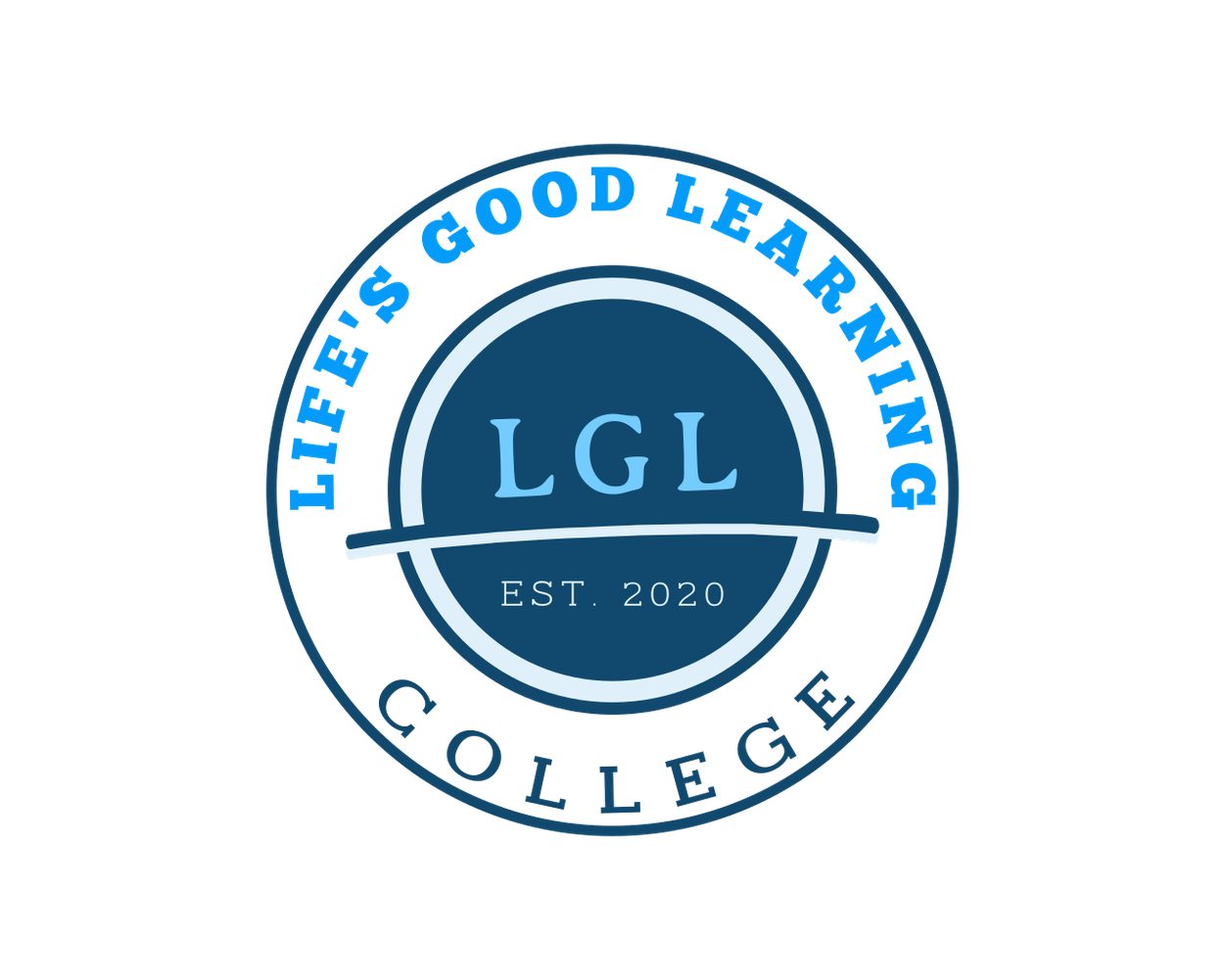
Direct Patient Care Roles in the Healthcare Industry: Exploring Career Opportunities
Share

- Skills Needed for Nursing Assistant Roles
Certified Nursing Assistants (CNAs) are the foundation of patient care. Their roles require critical skills such as communication, empathy, and attention to detail. CNAs assist with daily living activities, monitor vital signs, and support nurses in ensuring patients' comfort and safety. For those seeking a quick entry into healthcare, CNAs offer a practical starting point with short training programs.
- Training length: Typically 4–12 weeks.
- Cost: $1,000–$2,500 on average, with financial aid options available.
2. The Difference Between CNA and Home Health Aide (HHA)
While CNAs often work in hospitals or nursing facilities, HHAs provide care in a patient's home. HHAs assist with personal care tasks such as bathing, meal preparation, and light housekeeping. Though their training may be less intensive than CNAs, HHAs play a vital role in patient well-being, particularly for elderly or chronically ill individuals.
- Training length: 2–6 weeks.
- Salary comparison: HHAs earn slightly less than CNAs but enjoy more flexible working environments.
3. The Difference Between CNA and Phlebotomist
Phlebotomists specialize in drawing blood for medical tests and procedures. Unlike CNAs, phlebotomists don’t provide general patient care but play a critical role in diagnostics. Combining CNA certification with phlebotomy skills can broaden job opportunities and increase earning potential.
- Training length for phlebotomy: 4–8 weeks.
- Best fit for: Individuals comfortable with needles and interested in diagnostic care.
4. Patient Care Technicians (PCT): Advanced Support Roles
PCTs bridge the gap between CNAs and nurses. Their duties include more advanced tasks such as performing ECGs, drawing blood, and assisting with minor medical procedures. A CNA can transition to a PCT role through additional certifications, opening doors to higher-paying opportunities.
- Training length: 4–6 months, often building on CNA certification.
- Salary: Higher than CNAs due to their specialized skills.
5. Nursing Assistant vs. Medical Assistant: What’s the Difference?
Medical Assistants (MAs) often work in outpatient settings and perform administrative and clinical duties. While CNAs focus solely on patient care, MAs split their time between assisting doctors and managing office tasks. A CNA background can serve as a stepping stone for transitioning into an MA role.
- Training length: 6 months to 1 year.
- Job placements: Clinics, outpatient centers, and private practices.
6. Critical Care CNA: A Specialized Path
Critical Care CNAs work in high-pressure environments such as intensive care units (ICUs). These positions require additional training to handle critical patients, monitor specialized equipment, and respond quickly to emergencies.
- Required certifications: CPR and acute care training programs.
- Ideal for: CNAs seeking a fast-paced and challenging role.
7. Nurse Aides in Public Health: A Growing Opportunity
Public health offers unique roles for nurse aides, such as community outreach and patient education. CNAs in this field may work with underserved populations, helping to bridge gaps in healthcare access.
- Work settings: Health departments, non-profits, and community clinics.
- Best fit for: Individuals passionate about social impact and public service.
8. Home Health Aide Training: Enhancing CNA Skills
CNA training combined with HHA certification allows professionals to expand their patient care expertise. This combination is particularly beneficial for those who enjoy working in personalized settings like private residences.
- Job placements: Hospice care, private nursing, and in-home rehabilitation.
9. Acute Care Training Programs for CNAs
Acute care training equips CNAs to handle patients with complex medical needs in hospital settings. This certification adds valuable skills for working in emergency departments or surgical recovery units.
- Required skills: Advanced patient monitoring and emergency care.
- Job outlook: Increasing demand as hospitals expand specialized care units.
10. Educational Pathways for CNA Career Advancement
CNAs have numerous options for furthering their careers. Popular pathways include enrolling in programs such as:
- LPN (Licensed Practical Nurse): Requires 1–2 years of training and offers significantly higher pay.
- RN (Registered Nurse): A 2–4 year commitment that opens doors to leadership roles.
- Specialized Certifications: Options include phlebotomy, acute care, and medication aide certification in California.
11. Statistics Highlighting the Demand for Patient Care Roles
Healthcare remains one of the fastest-growing industries in the United States, with demand for CNAs and related roles expected to grow by 8% through 2030. This equates to approximately 190,000 job openings annually. Specialized certifications can further increase employability and salary potential.
- Median salary for CNAs: $30,000 annually, with higher pay for advanced roles like PCTs and Critical Care CNAs.
- Growth drivers: An aging population and expanding healthcare services.
12. Conclusion: Choosing the Right Role in Patient Care
Whether you're just starting in healthcare or seeking to expand your qualifications, understanding the differences between roles like CNA, HHA, PCT, and Medical Assistant is crucial. Each role offers unique opportunities to make a difference in patients' lives while paving the way for career growth.
About LGL College: Your Partner in Healthcare Education
Located in the heart of La Habra, California, LGL College is a beacon for individuals aspiring to begin or advance their careers in the thriving healthcare industry. As a premier institution in Southern California, LGL College is dedicated to empowering students with the knowledge, skills, and certifications needed to excel in their chosen fields.
Why Choose LGL College?
At LGL College, education goes beyond the classroom. We offer a dynamic and supportive learning environment tailored to the unique needs of our students. With small class sizes, hands-on training, and experienced instructors, our programs are designed to ensure each student receives personalized attention and practical experience that translates directly into the workplace.
Comprehensive Healthcare Training Programs
LGL College provides a diverse range of programs to prepare students for in-demand roles in the healthcare sector. Whether you’re just starting your journey or looking to expand your qualifications, our offerings include:
- Certified Nursing Assistant (CNA) Training: The foundational step for a rewarding career in healthcare, our CNA program equips students with essential patient care skills and prepares them for certification.
- IV Therapy and Blood Withdrawal Certification: Advance your nursing credentials with this critical training, perfect for those seeking roles in acute care or specialized settings.
- Basic Life Support (BLS) and CPR: Strengthen your emergency response capabilities with these vital certifications, required for many healthcare positions.
- Advanced Cardiovascular Life Support (ACLS): Ideal for healthcare professionals who want to enhance their ability to respond to cardiac emergencies.
- Wound Care Certification: Specialize in the care and management of complex wounds, a highly sought-after skill in many healthcare settings.
- New Nursing Graduate Bundle: Combining key certifications such as IV therapy, BLS, ACLS, and wound care, this comprehensive package is tailored for recent nursing graduates eager to hit the ground running.
Flexible Scheduling for Busy Lives
Understanding the demands of modern life, LGL College offers flexible class schedules, including CNA evening classes and weekend options. Whether you’re balancing work, family, or other commitments, our programs are designed to accommodate your needs without compromising the quality of your education.
A Commitment to Your Success
At LGL College, your success is our mission. From the moment you enroll, our dedicated team is here to support you every step of the way. From CNA training, career counseling to job placement assistance, we’re committed to helping you achieve your professional goals and make a meaningful impact in the healthcare field.
Join the LGL College Community Today
Start your journey toward a fulfilling and impactful career in healthcare with LGL College. Contact us today to learn more about our programs, explore financial aid options, and take the first step toward a brighter future.

